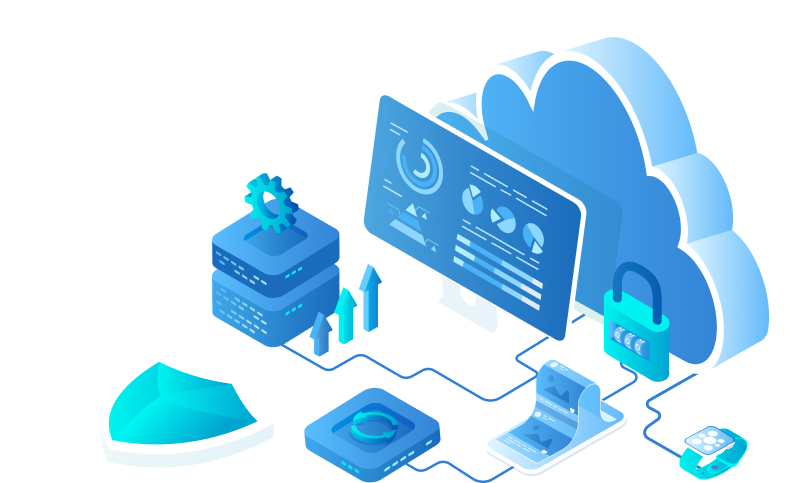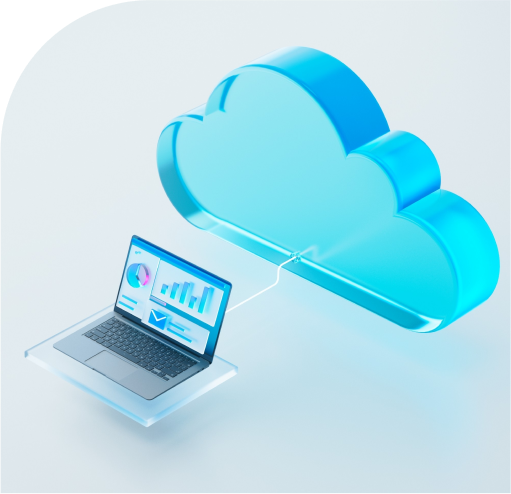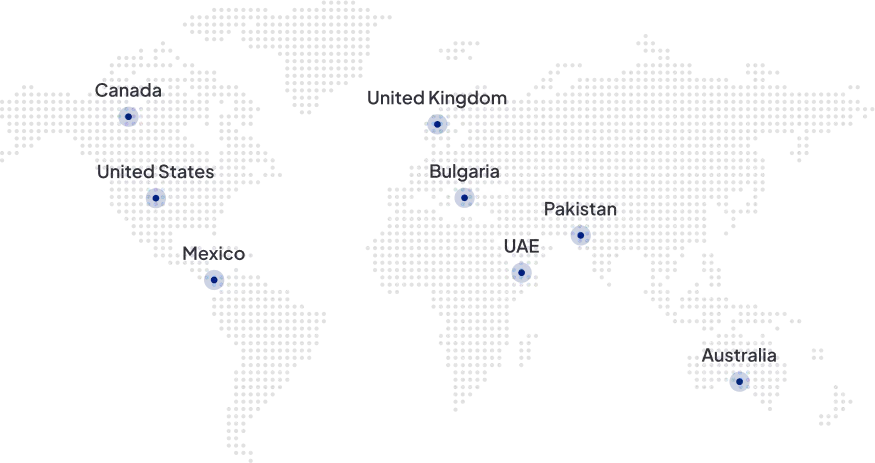Automating the Data Pipelines for Efficient Power BI Reporting
Read how we helped a customer enhance & automate their Power BI data reporting by implementing Microsoft Fabric

Home » Automated Data Reporting
Colorado, USA
Food and Beverage
51-200 Employees
The Customer
The client, a leading third-party food verification company headquartered in Colorado, employs around 89 people and generates an annual revenue of over $25 million. They ensure the accuracy of food production claims through comprehensive verification and certification services. By providing rigorous auditing and certification processes, the client supports various stakeholders in the food industry, including farmers, processors, retailers, and restaurants, in maintaining high standards of food safety and sustainability
The Problem
-
The client was leveraging Power BI as their data reporting solution. The data was fed into Power BI directly through excel which was a manual process. They had to manually update the data source within Power BI at regular intervals to get updated insights. However, this was a tedious process. The client wanted to have a more secure and automated way of updating their dashboards.
Some common challenges they faced.
Manual updates mean that decision-makers may not have access to real-time data.
Large Excel files can slow down the performance of Power BI reports and dashboards.
Manually updating the data can be time-consuming and inefficient.
Without secure connections, there is an increased risk of unauthorized access to sensitive data.
Manual handling of Excel files increases the risk of errors such as accidental deletions or incorrect data entry.
Without automation, the process of data collection, updating, and reporting is manual and prone to delays.
What Solution Did We Propose
We propose to automate the process using Microsoft Fabric where we would leverage the Fabric environment to set up their ETL pipelines and establish connection with Power BI to automate their data reporting process.
Folio3 deployed an end-to-end solution to build a robust reporting architecture for the client. Our solution helped them speed up their data ingestion, processing,and reporting by eliminating the need for manually connecting their data sources to Power BI and automating the process using Microsoft Fabric.
Set Up MS Fabric Environment
To Support ETL Process
Create ETL Process Using MS Fabric Pipelines And Notebooks
Create a Lakehouse in MS
Fabric
Create Power BI Report By
Using Consuming Data From
Lakehouse
Schedule Automated Refresh For Data
Our Process
The project was divided into following sections and each section was completed and demoed to the client

Technologies Involved In This Case

Azure Storage Account
MS Fabric Data Pipelines
MS Fabric Lakehouse
Power BI
MS Fabric Notebooks
MS Fabric Deployment Pipelines
Take A Seamless Cloud Ride With Us!
Get the power to boost your business, innovation, and growth.

